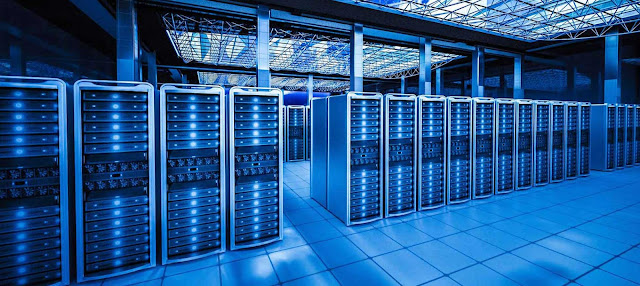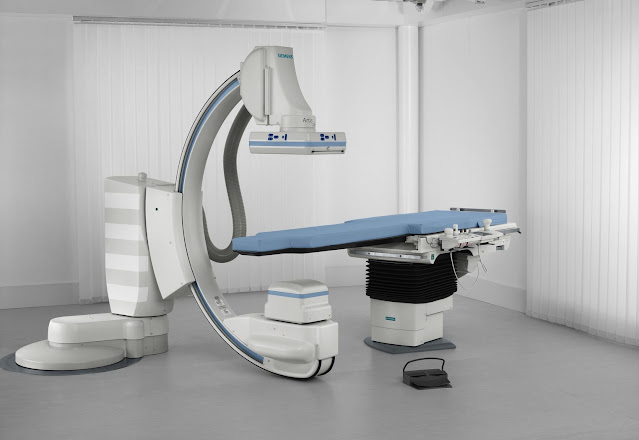Hyperscale Data Center Market Is Estimated To Witness High Growth Owing To Increasing Demand for Cloud Services
The global hyperscale data center market is estimated to be valued at Us$ 87.87 Billion In 2022 and is expected to exhibit a CAGR Of 30.9% over the forecast period 2023-2030, as highlighted in a new report published by Coherent Market Insights.
Market Overview:
Hyperscale data centers refer to facilities that are designed to provide massive scale-out compute, storage, and networking resources to support modern-day cloud-based applications. These data centers offer numerous advantages, such as the ability to handle large amounts of data, scalability, cost-effectiveness, and improved operational efficiency. With the increasing demand for cloud services, there is a growing need for hyperscale data centers to support the storage and processing requirements of organizations.
Market key trends:
One key trend in the hyperscale data center market is the adoption of containerization. Containerization refers to the use of lightweight and portable software containers to package and deploy applications. This trend is gaining traction in the market as it provides benefits such as improved scalability, faster deployment times, enhanced resource utilization, and easier management of applications in a distributed environment. Moreover, containerization also enables organizations to achieve greater flexibility in terms of application development and deployment, which is driving its adoption in hyperscale data centers.
PEST Analysis
Political: The political factors influencing the hyperscale data center market include government regulations and policies related to data privacy, cybersecurity, and cross-border data transfer. Governments around the world are implementing stricter regulations to protect the privacy of user data and prevent cyber attacks. For example, the European Union's General Data Protection Regulation (GDPR) requires organizations to implement stringent data protection measures.
Economic: The economic factors impacting the hyperscale data center market include the overall economic growth, investment in digital infrastructure, and cost-effectiveness of data center operations. With the increasing use of cloud computing and big data analytics, there is a growing need for hyperscale data centers to store and process vast amounts of data. Additionally, the cost advantages associated with economies of scale and energy efficiency drive the demand for hyperscale data centers.
Social: The social factors influencing the hyperscale data center market include the increasing adoption of digital services, changing preferences for online entertainment, and the proliferation of connected devices. As people increasingly rely on online platforms for various activities, such as e-commerce, social media, and video streaming, the demand for hyperscale data centers to support these services is growing. Moreover, the rising popularity of IoT devices and smart homes also generates huge amounts of data, further driving the need for hyperscale data centers.
Technological: The technological factors impacting the hyperscale data center market include advancements in cloud computing, virtualization, artificial intelligence (AI), and edge computing. The adoption of cloud computing and virtualization technologies allows organizations to leverage flexible and scalable infrastructure provided by hyperscale data centers. AI and edge computing technologies are also driving the demand for data processing at the network edge, increasing the need for distributed data centers.
Key Takeaways
The Hyperscale Data Center Market Demand is expected to witness high growth, exhibiting a CAGR of 30.9% over the forecast period (2023-2030), due to increasing data generation and adoption of cloud-based services. The market size for 2022 is estimated to be US$ 87.87 Billion.
In terms of regional analysis, North America is expected to be the fastest-growing and dominating region in the hyperscale data center market. The region is witnessing significant investments in data center infrastructure, driven by the presence of major cloud service providers and increasing data consumption.
Key players operating in the hyperscale data center market include Aecom, DPR Construction, Holder Construction, Jacobs, M+W Group (Exyte), Bouygues Construction, Mercury, Arup, and Benthem Crouwel Architects. These players offer a wide range of services, including data center design, construction, and operations, catering to the increasing demand for hyperscale data centers.




Comments
Post a Comment